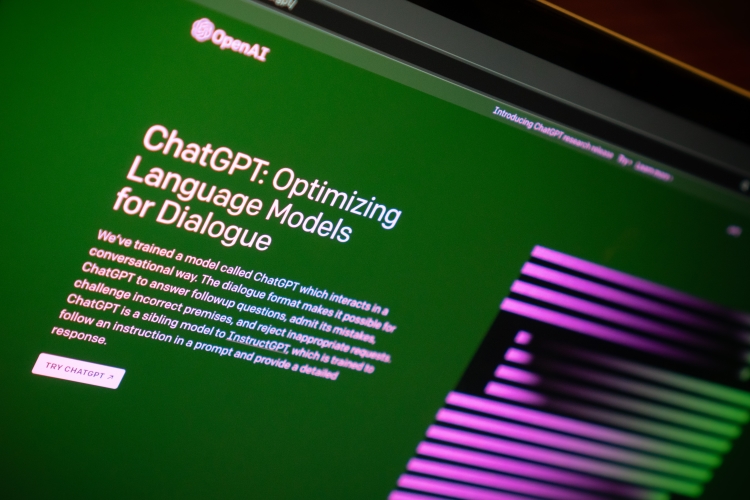A few years ago, the consensus of people I met around the capabilities of artificial intelligence (AI) was that it would be useful…someday. I for one, certainly didn’t expect the capabilities that are genuinely useful to materialise as quickly as they have nor to the powerful extent as they have shown currently. Naturally, if you work within the analytics and business intelligence (BI) space, you might be wondering what AI will ultimately mean for you, your role, and the industry. To help enlighten you, we have posed this question to ChatGPT (3.5) and summarised what it believes is going to change with the advent of AI within the analytics and BI space:
Enhanced data processing and analysis
AI can process vast amounts of data at unprecedented speeds, enabling organizations to extract insights from large and complex datasets more efficiently. Machine learning algorithms can identify patterns, trends, and anomalies in data, providing organizations with deeper and more accurate insights.
Automation of data preparation
AI-powered tools can automate the process of data cleaning, integration, and transformation. This automation reduces the time and effort required for data preparation, allowing analysts to focus more on interpreting insights and making data-driven decisions.
Advanced predictive and prescriptive analytics
AI techniques, such as predictive modelling and optimization algorithms, can improve the accuracy of forecasting and decision-making. By analysing historical data and identifying hidden patterns, AI can predict future outcomes and prescribe optimal actions to achieve desired outcomes.
Natural language processing (NLP) and conversational analytics
NLP enables AI systems to understand and generate human language, making it easier for users to interact with analytics platforms using natural language queries. Conversational analytics allows users to ask questions and receive real-time insights, facilitating faster and more intuitive decision-making.
Personalized and context-aware insights
AI can deliver personalized analytics insights tailored to individual users based on their preferences, behaviour, and context. By leveraging AI techniques like machine learning and recommendation systems, organizations can provide relevant and targeted insights to different stakeholders, enabling more effective decision-making at various levels.
Real-time analytics and decision-making
AI-powered analytics can process and analyse data in real-time, enabling organizations to make timely decisions based on up-to-date information. Real-time analytics can be especially valuable in dynamic and fast-paced industries, such as finance, e-commerce, and supply chain management.
Automated anomaly detection and fraud detection
AI algorithms can detect anomalies and unusual patterns in data, helping organizations identify potential fraud, security breaches, or operational issues. By continuously monitoring data streams, AI systems can alert stakeholders about suspicious activities, enabling proactive risk management.
Augmented analytics and decision support
AI can augment human analysts by providing them with additional insights, suggestions, and recommendations. By combining human expertise with AI capabilities, organizations can enhance their decision-making processes, reduce biases, and uncover hidden opportunities.
What AI can bring to the table on the one hand is clearly exciting. It would mean that businesses are better equipped to understand their data and make near real time decisions helping them to maintain a competitive edge against their competitors. On the other hand, these changes will have an impact on the status quo and how things currently operate. Some basic data grappling roles may ultimately be replaced with other roles ensuring that AI is deployed responsibly and ethically within analytics and BI frameworks. Examples of such roles could include roles addressing data privacy concerns, ethical considerations, and the need for human oversight of AI models.
Whilst still early days, itsit'sear that there will be change. If you need a technical partner to come alongside you and look at implementing AI into your analytics and BI space, get in touch.
